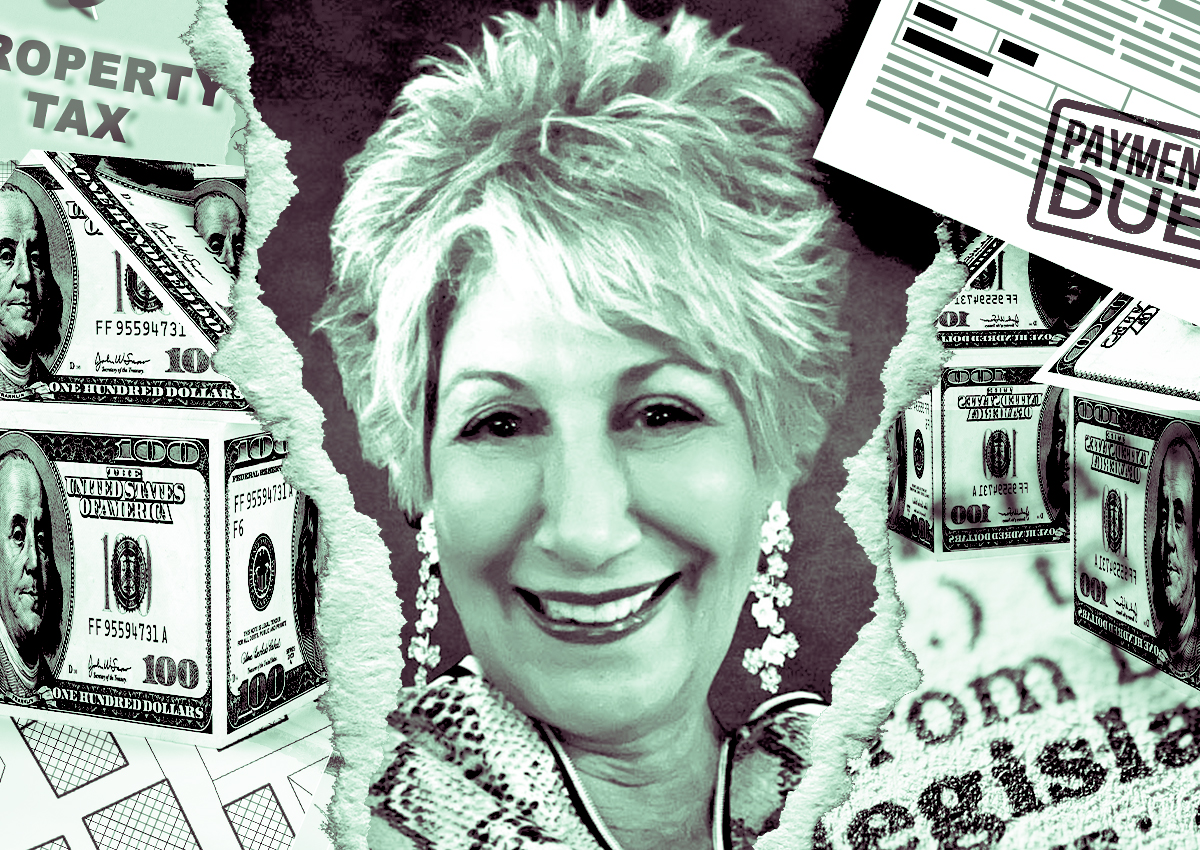A longtime buyer of delinquent Cook County property taxes whose questionable methods of getting refunds from the government were recently put under a microscope by public officials isn’t getting his money back this time.
An Illinois appellate judge denied the tax buyer, an LLC managed by Greg Bingham, a refund on a suburban strip mall on Dolton Road in Calumet City that he bought for $1.4 million in late taxes in 2015.
The ruling comes months before legislation will go into effect that closes what Cook County Treasurer Maria Pappas has described as a loophole that allowed real estate investors to recoup hundreds of millions of dollars in refunds on back taxes they purchased over several years due to miniscule errors in government descriptions of properties and the erroneous sales of parcels that never should have been marketed during public auctions.
The legal and business tactics used by tax buyers such as Bingham in many cases disproportionately impacted Black and Latino neighborhoods on Chicago’s South and West sides as well as the southern suburbs, leaving local governments strapped for cash in many places, a study led by the treasurer last year found. The new law is meant to slow the financial bleeding from those communities.
In the case decided Tuesday, with Justice David Ellis delivering the opinion and Justices James Fitzgerald Smith and Cynthia Y. Cobbs concurring, an LLC managed by Bingham bought the delinquent taxes for a strip mall on Dolton Road in Calumet City at Cook County’s annual tax sale for $1.4 million in 2015, then tried to have the purchase declared a sale in error based on an environmental report that found asbestos, lead and black mold on the property.
Bingham had previously tried to have the sale overturned to get his money back by saying the property’s address had been listed incorrectly.
A provision in the state’s tax code allows tax buyers to get refunds when they find a way to claim the property was sold in error, and in some cases under the current rules they’re also allowed to charge the county interest at the rate that the delinquent taxpayer would have had to pay in order to get current on taxes and hold onto the property. Entities Bingham controls or is affiliated with were granted $95 million in refunds from 2015 to 2022 on 2,309 sales in error, including $7.8 million that local governments paid in interest to the investor, according to the treasurer’s office study.
Such investors are also a safety net for local governments, however, as they act to fill in gaps in property tax collections when owners fall behind on their bills. Investors put the amount in taxes owed on a property up to the government during auctions and in exchange get to place a lien against the home and charge interest to the underlying property owner for repayment. When property owners don’t repay the investors, the investors can foreclose, yet some pursue a “sale in error” for a refund from Cook County instead.
A Cook County judge initially denied Bingham’s request for the Calumet City refund, ruling that the reports didn’t definitively say that there was a hazardous substance that would require removal under any law. The buyer appealed the denial; a state appeals court affirmed the lower court’s decision this week.
An attorney who represented Bingham in the appeal declined to comment on the result. The state attorney’s office for Cook County, which defended the suit brought by Bingham, did not immediately respond to a request for comment.
A property tax reform bill signed into law by Gov. J.B. Pritzker earlier this month will close the “sales in error” loophole that allows tax buyers to get their money back should there be small typos or errors on government documents.
The new legislation came about after the study by the Cook County Treasurer’s Office found that tax buyers, usually real estate investors and private equity firms, got about $40 million back annually from taxing jurisdictions that refund them with interest if the sale is overturned.
Read more



